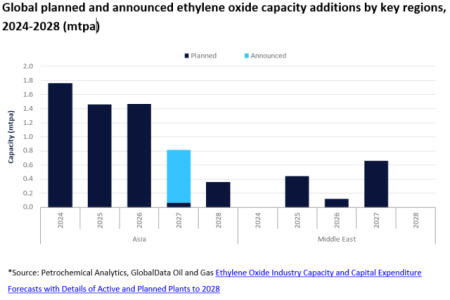
06 November 2015, Sweetcrude, Vienna – The world’s leading economies must strike a balance between renewables development and providing access to energy for those currently living without, ensuring that modern energy services are a realistic and attainable goal for all, writes Abdalla Salem El-Badri, Secretary General, OPEC
Much of the economic growth of the past two centuries has been fuelled by the exploitation of fossil fuels. This has certainly brought real benefits. It has helped improve living standards by providing such things as light, power and mobility. It has enabled the development of industries and the creation of jobs. And it has helped increase life expectancies. In short, the industrialised world has been built with fossil fuels.
Investing in our collective future
However, we should not forget that this has not been the story for everyone. When we start up our cars, switch on a light and turn on our mobile phones, we need to recognise that these everyday things are still unknown to billions of people across the world who continue to suffer from energy poverty.
Today, at least 2.7 billion people still rely on biomass for their basic needs, and 1.3 billion have no access to electricity. These are people who need their voices heard. Their daily struggles focus on combating poverty. These people need access to reliable, safe and secure modern energy services to live and prosper.
The issues of energy sustainability and energy access are evidently central to the G20 agenda and Turkey’s presidency in 2015. Global leaders must continue their efforts to ensure that access to modern energy services is not just an aspiration, but a reality for those currently without.
Of course, the economics of wanting more coupled with growing populations and rising energy demand has created challenges that were not foreseen at the time when Thomas Edison was developing the light bulb, or when Henry Ford was mass producing the car. These challenges relate to the environment and climate change. These are a major concern for us all.
Climate change is also firmly on this year’s G20 agenda, with the world now looking towards the next United Nations climate change conference, which is taking place in Paris at the end of the year. Current climate change negotiations to develop an agreement in Paris and raise the level of ambitions for the pre-2020 period are extremely important. But the interests and concerns of all must be taken into account.
We need to be practical in terms of what each of the various energy sources available to us can achieve. We need to be realistic in our ambitions. And we need to be equitable in terms of what each of us can offer to any future agreement. It is important that any agreement reached is comprehensive, balanced and fair for all.
We need to continue to develop renewables. They will play a growing role in the world’s energy mix. But they cannot be seen as a direct replacement for fossil fuels in the coming decades. By 2040, fossil fuels will still need to meet 78% of the world’s energy requirements.
Yes, we need to continue to use energy more efficiently to help reduce emissions. But we need to remember that some people still have no access to modern energy services. Clearly for them, emission reductions are not on the agenda.
Yes, there are environmental concerns regarding fossil fuels, but there are ways that these can be met and overcome. This includes pushing for the development and use of cleaner fossil fuel technologies, such as carbon capture and storage. OPEC recognises the importance of continually looking to advance the environmental credentials of oil, both in production and use.
We need to keep in mind that the three pillars of sustainable development – economic, environmental and social – mean different things to different people.
OPEC and its member countries understand the significance of activities related to sustainable development. They provide financial and technical assistance to developing countries, whether directly through their own aid institutions or by participating in the OPEC Fund for International Development (OFID). They also push for research and development into sustainable energy technologies and for advancing various projects aimed at environmental protection.
In terms of furthering energy access, through OFID, OPEC members support the United Nations Sustainable Energy for All (SE4ALL) initiative, involving many projects aimed at alleviating energy poverty and addressing it holistically alongside food and water security. The strategic framework for these activities is OFID’s Energy for the Poor Initiative, which is funded through a revolving endowment of $1 billion.
Energy diversification
OPEC members are carrying out many projects and initiatives for protecting the environment. These include investing in carbon capture and storage, reducing gas flaring, producing cleaner petroleum products, and developing hybrid solar-gas power stations, solar-powered desalination units and wind power facilities.
Moreover, oil producers realise that they cannot stand still. They need to think about an affordable, balanced and sustainable future. Yes, oil is part of this future, but diversity is essential. There is a need to look for alternative sources of income. And there is a need to develop other sources of energy, particularly when many countries have distinct advantages in terms of solar and wind.
The world’s population is expected to increase to around nine billion by 2040; an increase of more than 1.7 billion from today. Energy demand is anticipated to increase by around 50% over the same period. Global leaders, such as those attending the 2015 G20 Antalya Summit in Turkey, must appreciate the scale of the energy challenges ahead, and the importance of making the right choices and decisions.
Our shared objective must be a stable and sustainable energy future for all. Feeding into this are issues related to social welfare, economics and the environment; the views of developed and developing countries; those who have access to modern energy services and those who do not; and the need for all of us to be practical, realistic, logical and equitable when thinking and planning our global energy future.



